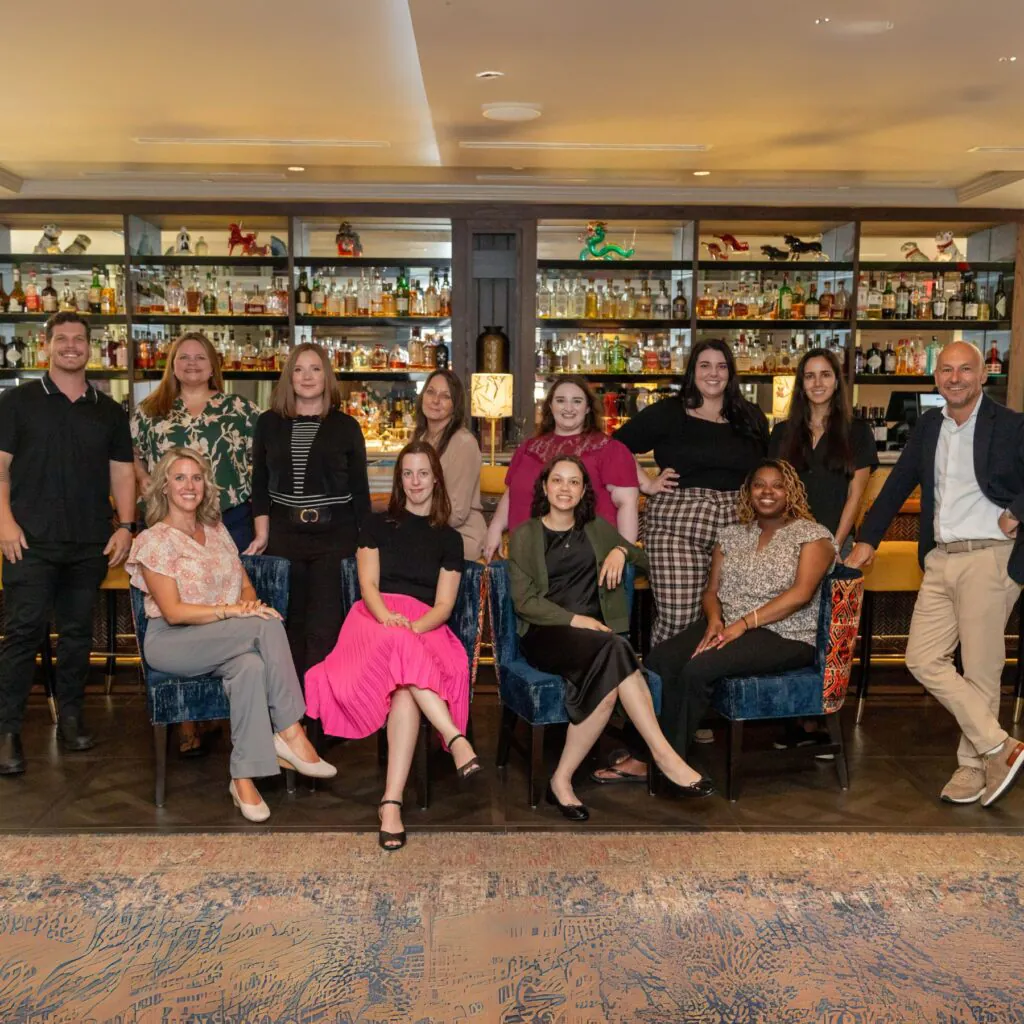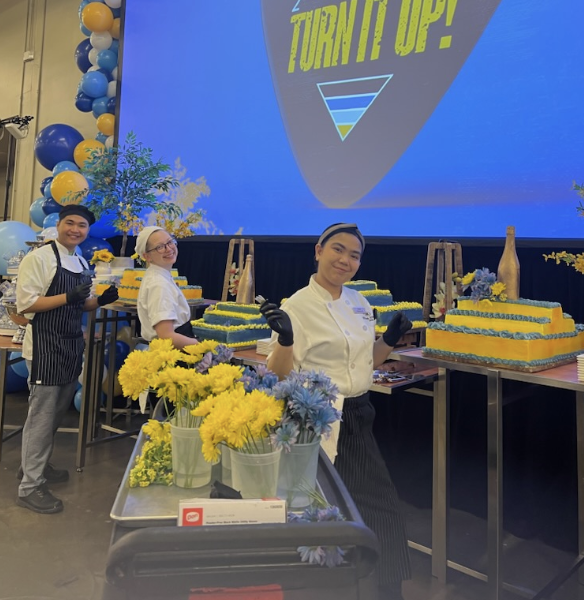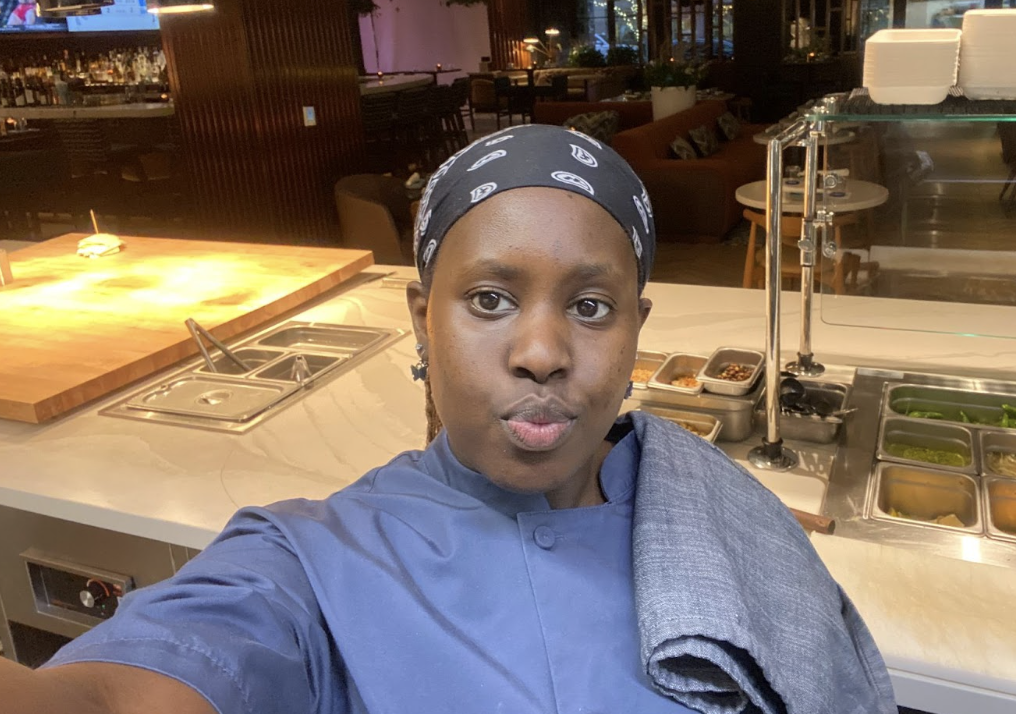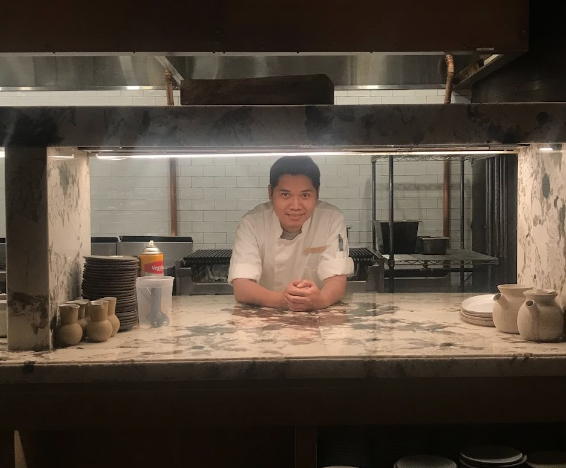Building Careers In
Find Your Future Here
Search vacancies
Find the Best Placements
Our Programs
Our signature 12 or 18 months USA J-1 visa programs allow you to rotate through various sections of the rooms division, food and beverage or culinary arts department in a luxury hotel or fine dining restaurant of your choice.
For the young professional: from fresh graduate to department head, HRC assists, guides and supports you with your placement, visa process and onboarding at top notch hospitality employers in the United Kingdom.
You are an experienced hotelier or chef looking for a significant step up the career ladder while growing professionally and enjoying an attractive financial package. We can help you land your dream job.
Have you always dreamed of going abroad? Discovering another country while developing your skills? Teach at the best schools and build your professional network while enjoying all that the USA has to offer.
What People Say About Us
Mandarin Oriental Miami
I have learned a lot here, worked with and met celebrity chefs, collaborated with other successful restaurants, and created a strong network. I believe I have made lifelong connections. I..
Hilton Anatole
It was a pleasure to have had this experience. From the beginning, HRC International really helped me with all the processes and made them simple. I felt that the program..
LPM Restaurant & Bar
Being in Miami, living a new culture and lifestyle has made me mature as a human being and as a professional. I have met many people from all over the..
Crown Shy/Saga/Overstory
Coming to NYC has always been a dream for me. HRC really helped me out with every possible assistance required to make this come true. Getting trained under some of..
Yours Truly DC
Being able to work and live here has opened a whole new perspective on the hospitality industry in America. I’ve had an incredible experience that has exceeded all my expectations...
Astra Seattle, a Tribute Portfolio Hotel
Throughout my program, I witnessed significant growth both professionally and personally. Through departmental rotations and training, I gained knowledge and confidence in the operational activities of the hotel. My experience..
The Ritz Carlton Washington DC
It’s very sad to be ending this incredible and life-changing journey I experienced in Washington DC. My experience has exceeded expectations, thanks not only to all the people I’ve met..
Montage Big Sky
The J-1 program has brought me to a new adventure in my life. I have learned many new things as a chef, being taught by all the chefs from the..
Director of Talent & Culture at Fairmont Grand Del Mar
I have worked with HRC International for 17 years, and the reason why I partnered with them is because they sent only the best candidates from all over the world..
Hotel Max, Seattle
HRC International has helped me significantly in developing my career and gaining valuable life and work experience. Thanks to HRC, I have now reached a management level. Besides the professional..
Hilton New Orleans Riverside
HRC International was probably the best agency in the world for those who wanted to take a big leap in their lives. They were the only agency that definitely helped..
Meilleur Ouvrier de France - Executive Chef ONE65 San Francisco
I have continuously worked with HRC since 2005. The relationship that we have built over the years allowed me to integrate over 100 J-1’s in the day-to-day operations. They have..
General Manager at Hotel Bardo Savannah
We have been working with HRC International for years. They are able to find the best talents and candidates from all over the world. Not only the candidates, but also..
Director of People and Culture Dewberry Hotel
We’ve been partnering with HRC International for about five years. Since 2019, we’ve hosted J-1 teammates from over 15 countries, which has been an amazing partnership that has allowed us..


About Us
HRC is a training and career development company for the international hospitality and education industry and designated J-1 visa sponsor.
Blog
Our Latest Articles
In a globalized world, hotels host guests from every corner of the map. Culture shapes how guests view hospitality—what they
Getting Started — What Exactly Is a J1 Visa? 1. What is the J1 Visa and why does it exist?
Stepping Beyond Professional Training The J1 Visa is often seen as a ticket to career advancement in hospitality, but its
Why Traditional Classrooms Can’t Completely Prepare You In recent years, the hospitality industry has shifted rapidly. Theoretical knowledge, while necessary,
Networking doesn’t just happen in the classroom or workplace. For a J1 Visa participant, it’s the key that unlocks professional
Why Storytelling Is the Secret Skill You’ll Learn in Hospitality Training Programs When people think of hospitality training programs, they
If you’re joining a hospitality training program through the J1 Visa, you’ll quickly discover that not every guest arrives with
Joining hospitality training programs is an exciting opportunity, but it also comes with challenges. Long shifts, cultural adjustments, and demanding
Your J1 Visa journey is more than an internship or traineeship—it’s a career launchpad. But the real challenge comes when
For participants in hospitality training programs, communication is the foundation of success. Whether you’re checking in a guest at the














